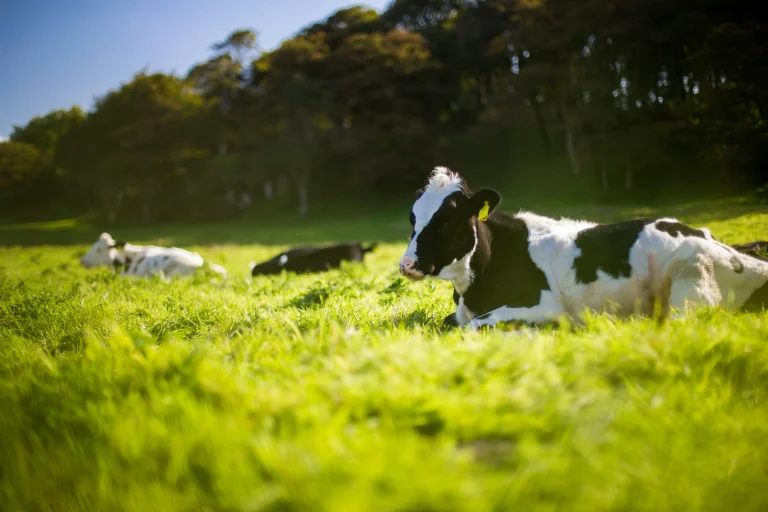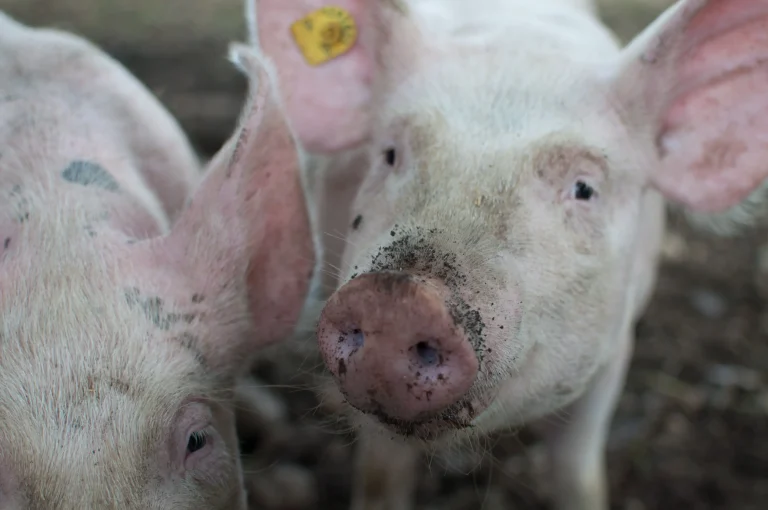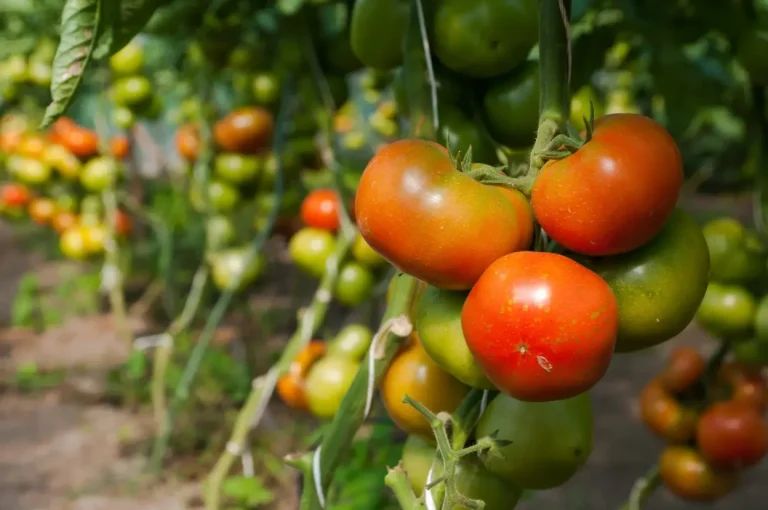The Australian public remains to be fully convinced of the benefits of AI and automation in agriculture, with questions around technical performance, social value and ethics.
A team led by Angie Sassano at Monash University set up 12 group dialogues focused on issues around the shift to digital farming, prompted by hypothetical scenarios of fully automated horticulture and poultry farming. Six of the groups included members of the public from Australia’s major metropolitan areas, while the other six featured people from regional farming areas.
At the end of the sessions, they were given a poll of three questions on each of the horticulture and poultry farming topics. The team analysed and collated the public responses using established qualitative research methods.
Between a quarter and a third of participants disagreed with the full automation of either horticulture or poultry farming for any other reason than improving biosecurity.
Participants in the study generally accepted that robotics and AI could boost productivity by overcoming labour shortages, meet rising global demand for food and strengthen Australia’s economic position. However, some participants felt that a transition towards automation was only worth it if it brought tangible productivity gains, as opposed to simply reducing wage outlays for producers.
Concerns over identity, ecology and equity
While many thought that the technologies could improve the sustainability of farming, others felt a related to shift to larger farms growing single crops could have negative ecological impacts. Other people worried about the overreliance on technologies, and the vulnerability farmers could face as a result. Digital divides were also touched upon, with worries about network stability in rural areas.
Automation of poultry farms threw up ideas of workers escaping difficult and dirty work. However, in the case of horticulture, many thought the introduction of modern technologies would make the industry more appealing for people who were interested in upskilling.
Rural identity was a big discussion point. Many had romantic visions of farming or saw working on the land as being part of the human condition, while others thought it was important to remain connected to the natural world and where the food we eat comes from — something they felt was threatened by the rush to digitisation. Some reported the already-shifting demographic in rural towns towards retirees and ‘out of towners’ away from farm professionals as land-use changes and technology roll-out took hold.
Trust, power and the corporate question
A cynical attitude to corporate power was almost universal in discussions, with many also finding claims of cheaper food because of robotics dubious. There were also questions over the ownership of technologies used in agricultural settings, with the worry that farmers would be beholden to powers beyond their control.
Overall, the findings suggested that Australians are far more sceptical of robotics in agriculture than surveys in countries such as Germany have previously found, also going against the generally positive presentation of AI advancements in the scientific literature and mainstream media.
“Participants were overwhelmingly fatalistic when it came to the future trajectory of the food system. This trend was viewed as being driven by the agricultural and tech companies, rather than by consumers or citizens,” Sassano wrote in the journal PLOS One.
Implications for policymakers and tech developers
The research is timely, with questions around the democratic legitimacy of the AI and robotics roll-out more broadly.
“If – as we believe is appropriate – policymakers and technology developers want to ensure that future applications of robotics and AI in agriculture have social license, then they must engage with, and take seriously, the range of public opinions on this topic,” Sassano stressed.
She urged decision-makers to use the findings of the research as a starting point to improving communication and outreach with citizens.
Key takeaways
- Australians are more sceptical of farm automation than Europeans, Monash study finds.
- Participants worried about ethics, rural identity, and ecological consequences.
- Many accept productivity benefits, but reject automation driven only by cutting wages.
- Corporate power and farmer dependence raised major concerns about fairness.
- Policymakers urged to engage public to secure social licence for AI in farming.
Want to read more stories like this? Sign up to our newsletter for bi-weekly updates on sustainable farming and agtech innovation.











